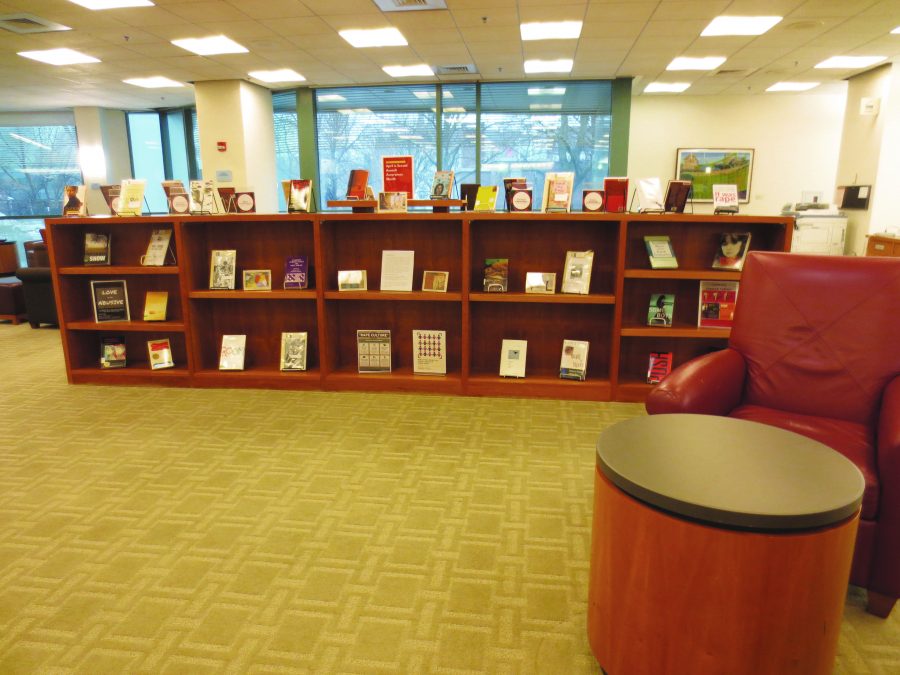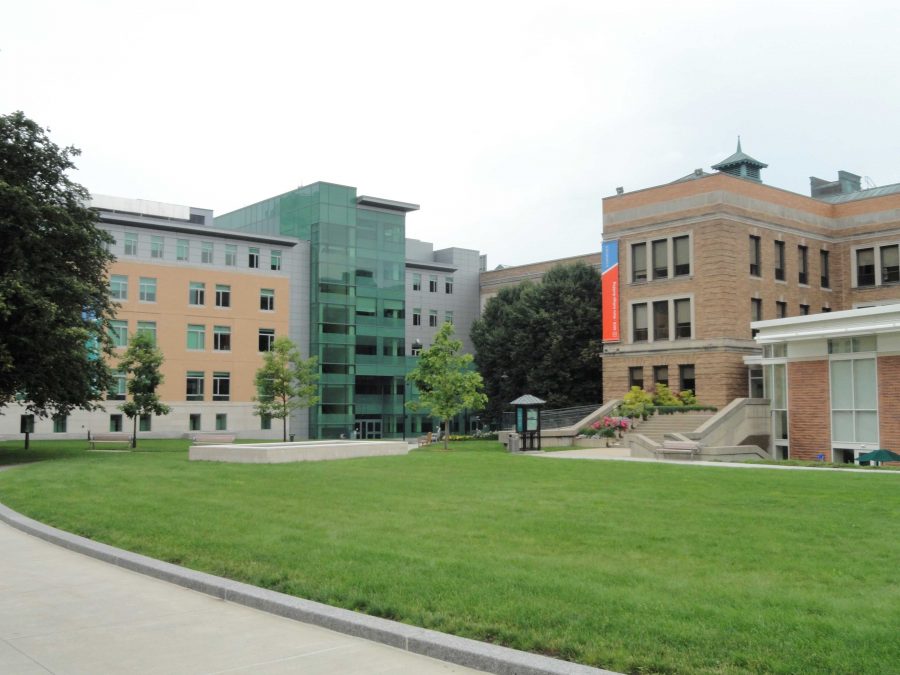On Tuesday, March 22, at least 10 people were killed and 100 wounded at Brussels’ international airport, in addition to at least 20 killed and 130 wounded at the Maelbeek metro station, according to Belgian government officials.
In the aftermath of these recent acts of terrorism, the response across media platforms, social, news, and otherwise, has been widespread. Individuals have expressed their solidarity with survivors and condolences for the families and friends of the deceased via platforms such as Facebook and Twitter.
As always, however, there was significant Islamophobic response as well, in particular from presidential candidates Ted Cruz and Donald Trump, as well as other highly visible individuals. Rather than expressing the need to ensure the safety of Muslim individuals who will inevitably be wrongly identified as potential terrorists, these prominent people instead have advocated for increased “safety” measures, which in fact threaten Muslim people in the U.S. as well as in the world at large.
Cruz spoke about the need to prevent “radicalized” uprisings on U.S. soil, while Trump advocated torture techniques as an answer, in order to draw out information from potentially knowledgeable sources.
Hillary Clinton, one of the two candidates for the Democratic nomination, opposed torture methods, and stated that closed borders in Europe were not the answer, saying that the “dream of a whole, free Europe… should not be walked away from.”
In the aftermath of attacks of this nature, such as the San Bernardino shooting which took place in December 2015, media and political leaders alike incite and enforce Islamophobic rhetoric by focusing on the potential threat of an extremist group rather than ensuring that people are not inaccurately identified as having the capacity for harm.
The concept of “safety” is critical, since the aftershocks of terrorist attacks are felt by people all across the world—in part due to the wide media coverage by news outlets and social media platforms alike—but it is crucial to identify whose safety these political leaders are pledging to protect.
Security measures, on national soil and abroad, should focus primarily on ensuring that individuals likely to be the target of hate crimes, undue profiling, and other such acts are granted individual privacy, since these people are not only affected by terrorist activity but also are disproportionately impacted by backlash in the aftermath of action by extremist groups, with whom these individuals are not affiliated.
In the aftermath of terrorism such as the Brussels attack, it is of utmost importance that national leaders prioritize safety not only in a broad sense but especially for those people who will be unduly subjected to increased “security” measures to their own detriment.


















